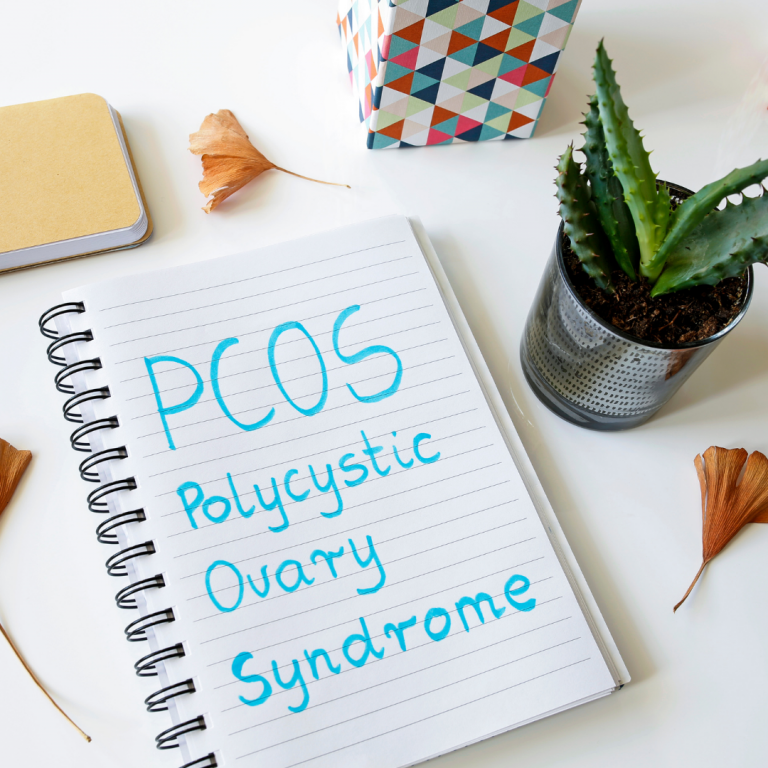
The condition known as Polycystic Ovarian Syndrome is on the rise in women across the globe. PCOS is a condition that presents itself in many different ways, such as hormone imbalances, weight problems, and fertility problems. While there are many treatments and medications for the condition, millions of women still go undiagnosed for this condition every year.
As with many conditions that are difficult to diagnose, there is a lot of confusion around PCOS and what it means.
What is PCOS?
Polycystic ovary syndrome is a hormonal disorder that affects about 10 percent of women. Most of them don’t know they have it. Symptoms include acne, excess facial or body hair, menstrual irregularities, difficulty getting pregnant, and obesity. The syndrome is caused by a hormonal imbalance that develops when the ovaries produce too many male hormones.
PCOS, or polycystic ovarian syndrome, is a condition in which a woman’s ovaries produce an excess of androgens (male hormones that control hair growth, skin oiliness, and acne). As a result, many women with the disorder have excess facial and body hair and difficulty losing weight. According to the National Institutes of Health, PCOS affects up to 12 percent of women of child-bearing age.
This chronic hormonal disorder is relatively common among women of reproductive age, affecting about 5 percent of women. So, chances are, you know someone with PCOS. If you don’t, you can be sure that she knows you. Women with PCOS are more likely to be overweight, have acne and facial hair. Women might experience menstrual irregularities, and keeping a sanitary pad or menstrual hygiene product handy becomes essential. Both women and men with PCOS tend to have high levels of insulin, which can lead to extra body fat around the waist, increased insulin resistance, and, over time, heart disease. If a heart problem escalates, it could lead to severe cardiovascular problems like cardiac arrest or even a stroke! In such cases, a Watchman implant could be one of the ways in which someone’s life could be potentially saved.
Can It Be Treated?
First, a bit of good news: Polycystic ovary syndrome (PCOS) is a hormone disorder that can be treated. Women with PCOS often have high levels of male hormones and irregular menstrual periods. Women with PCOS may also have problems with infertility. But you can take steps to manage your symptoms. The best thing you can do is to speak with your healthcare provider about how to manage your symptoms, including your exercise, diet, and stress levels. Try to maintain a set routine for exercising and ensure that you do it on a daily basis. A fitness tracker is one way to monitor your performance while exercising. If you like to accessorize your devices, check out stores like Mobile Mob (check and buy it here) for a variety of coloured fitbit bands.
Suggested Diet for PCOS
Many of us in the PCOS community are looking for ways to improve our overall health. From taking CBD oil to adjusting our diets, we want to try out as many things as possible to help ourselves live a better life. If you are a woman with PCOS, you are likely already aware that one of the most important steps you can take is to eat a healthy diet. If you’re not sure what a healthy diet is, you’re not alone. Many women who have PCOS have the same questions: “What should I eat?” “How much should I eat?” “What types of foods should I eat?”
As people with PCOS are frequently overweight, diet is an important component of managing the condition. While there is no one “best diet” for PCOS, low-glycemic index diets are effective in helping people lose weight. Low-glycemic means that food with a low glycemic index value does not cause a sharp rise in glucose and insulin levels. According to the National Institutes of Health, such foods include beans, legumes, certain vegetables, and whole grains.
Following a diet rich in a variety of healthful, low-fat foods can help regulate your menstrual cycle and reduce the symptoms associated with polycystic ovary syndrome (PCOS). To help you get started, here is a sample diet, along with some tips for healthy eating several servings of vegetables and fruits daily. These vegetables include dark, leafy greens, broccoli, cauliflower, tomatoes, and peppers. The fruits include citrus fruits, apples, bananas, and berries.
Consume digestible fiber found in whole grains, beans, fruits, and vegetables. Fiber is a nutrient that helps regulate the bowels and keep you feeling full. You should be getting 25 to 35 grams of fiber every day. Eat more fiber-rich foods.
Conclusion
Women who have Polycystic Ovary Syndrome, or PCOS, have a higher risk for type 2 diabetes, heart disease, and high cholesterol. To reduce the risk of these health problems, it’s best to eat a healthy diet with plenty of whole grains, fruits, and vegetables. Experts also recommend getting plenty of protein and staying away from foods high in saturated fat, such as red meat, cheese, and butter. Also, it’s important to maintain a healthy weight since obesity increases the risk of developing diabetes, PCOS, and heart disease.
